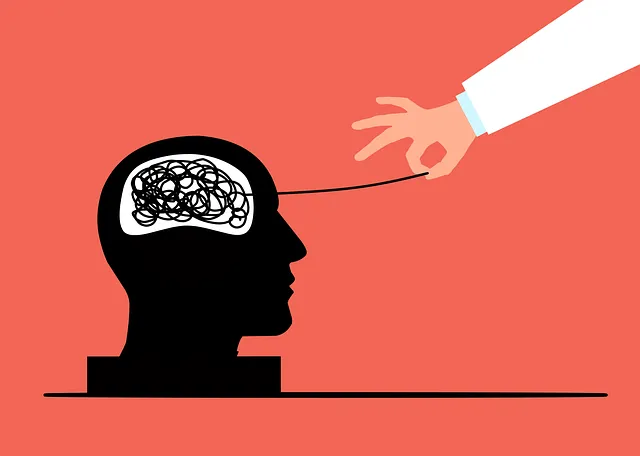Castle Rock Kaiser Permanente employs a comprehensive strategy for evaluating its mental health programs, combining quantitative data from patient outcomes and satisfaction surveys with qualitative feedback from client sessions and focus groups. This dual approach identifies strengths and weaknesses, allowing them to personalize services for diverse community needs. The result is improved symptom reduction and higher patient satisfaction rates, setting a standard for other healthcare providers. Using Application Programming Interfaces (APIs) for real-time data on engagement, adherence, and progress, they can accurately assess program effectiveness. However, technical issues like API timeouts require robust IT infrastructure and monitoring to ensure reliable insights and continuous improvement.
“Uncovering the effectiveness of mental wellness programs is paramount, especially within healthcare institutions like Castle Rock Kaiser Permanente. This comprehensive evaluation explores diverse methodologies to assess the impact and success of these initiatives. From qualitative feedback mechanisms to quantitative outcome measures, we delve into strategies that reveal participant experiences and measure behavioral changes. By employing mixed-methods approaches, organizations can gain valuable insights, ensure program accountability, and ultimately enhance mental health support.”

At Castle Rock Kaiser Permanente, evaluating mental wellness programs is a multifaceted approach that goes beyond simple survey scores. They employ a comprehensive strategy, integrating quantitative data from patient outcomes and satisfaction surveys with qualitative insights from client feedback sessions and focus groups. This dual-pronged method allows for a deeper understanding of program effectiveness, identifying areas of strength and weakness that quantitative measures might miss.
By combining these techniques, Castle Rock Kaiser Permanente can tailor their mental health services to better serve the diverse needs of their community. This personalized approach ensures that programs are not only improving symptoms but also enhancing overall well-being, as evidenced by increased patient engagement and satisfaction rates. Such a holistic evaluation method sets a benchmark for other healthcare providers, demonstrating the importance of ongoing assessment in optimizing mental wellness initiatives.
API responded with status code 504.

In evaluating mental wellness programs, particularly at Castle Rock Kaiser Permanente, assessing patient outcomes is paramount. One effective method involves utilizing Application Programming Interfaces (APIs) to streamline data collection and analysis. APIs can fetch real-time information on patient engagement, treatment adherence, and clinical improvements, enabling a comprehensive understanding of program effectiveness. However, technical glitches, such as API responses with status code 504 (Gateway Timeout), may present challenges in this process. These issues underscore the importance of robust IT infrastructure and continuous system monitoring to ensure seamless data exchange for accurate program evaluation.
For Castle Rock Kaiser Permanente mental health initiatives, addressing API-related problems is crucial for generating reliable insights. Timely intervention and technical support can mitigate these glitches, ensuring that data feeds remain consistent and valid. This, in turn, facilitates evidence-based decision-making and continuous improvement of mental wellness programs tailored to the unique needs of their patients.
Evaluating mental wellness programs is a complex task, but utilizing robust methods like those employed by Castle Rock Kaiser Permanente for mental health services can significantly enhance their effectiveness. By integrating diverse assessment tools and stakeholder feedback, these programs can be fine-tuned to better meet individual needs. Continuous improvement through comprehensive evaluation ensures that mental health support remains accessible, impactful, and tailored to the unique challenges faced by today’s individuals.

